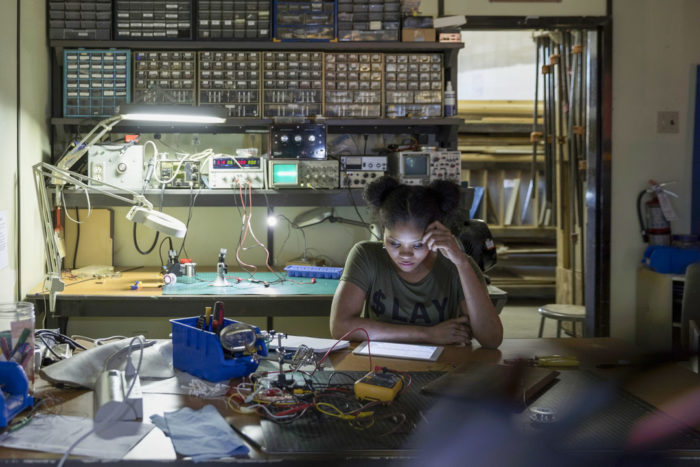Only 22% of AI professionals globally are female compared to 78% who are male.
That finding is alarming in itself, but it is even more alarming in light of the rapid rate of technological change that we are experiencing today.
At EY we believe that in this Transformative Age, innovative thinking and new technologies like artificial intelligence (AI), blockchain and robotics, will play a critical role in building trust and accelerating the inclusion of women and minorities more in general in the workforce. We need to solve the problem of gender bias before AI makes it worse.
AI everywhere
As businesses apply AI it to a wide range of activities from customer service and financial advice through to recruitment and medical diagnosis, AI is set to permeate all areas of our lives over the next three to five years. A few data which showcase the impact of AI on our lives in the future are:
- AI will drive 95% of all customer interactions by 2025, with consumers unable to differentiate bots from human workers via online chats and over the phone. (Servion)
- By 2020, 30% of all business to business (B2B) companies will employ AI to augment at least one of their primary sales processes. (Gartner, 2016)
- 88% of European companies are on track to use AI for customer and business analytics by 2020 (Adobe 2018)
Undoubtedly, the rise of AI will improve our lives in many respects, but it also presents serious risks. AI relies on algorithms, which learn from real-world data, so it can inadvertently reinforce existing social biases. In fact, Gartner predicts that through 2022, 85% of AI projects will deliver erroneous outcomes due to bias in data, algorithms or the teams responsible for managing them.



